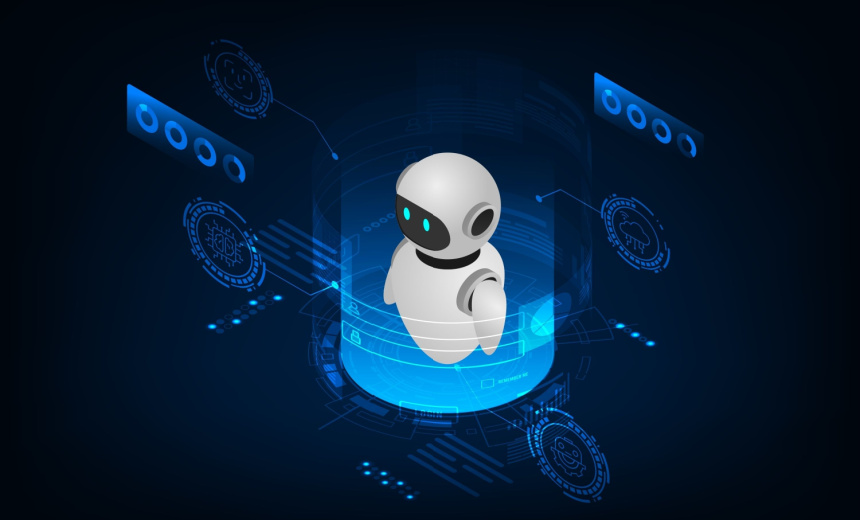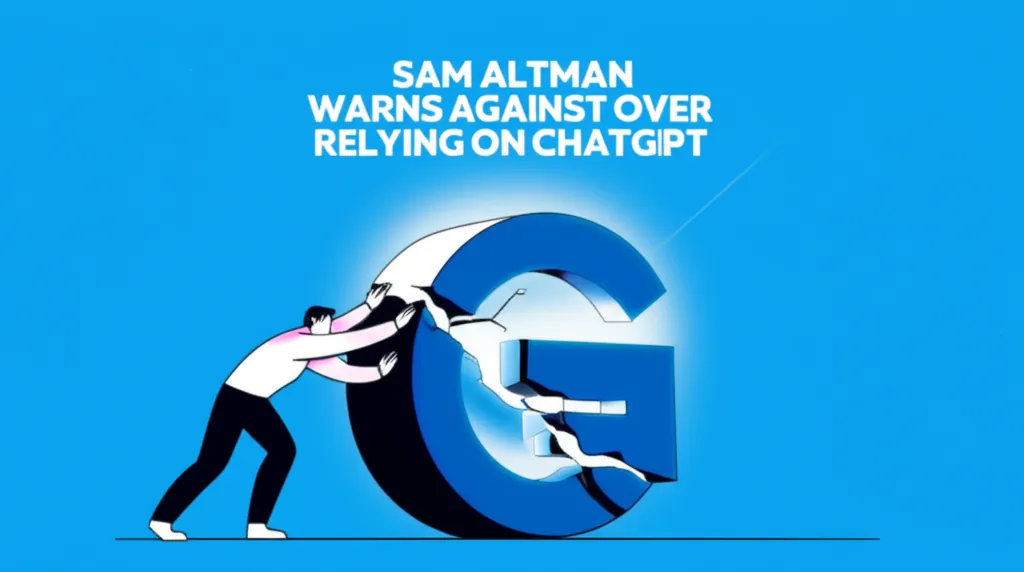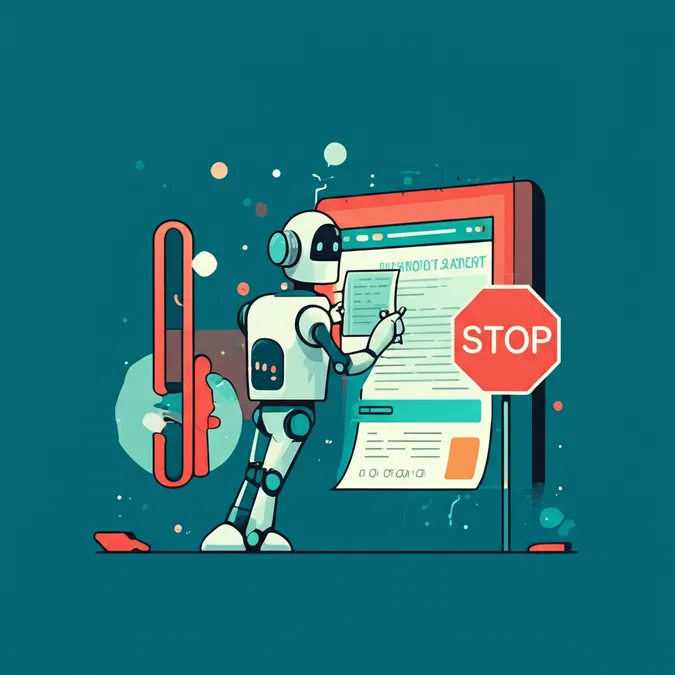Developer Offer
Try ImaginePro API with 50 Free Credits
Build and ship AI-powered visuals with Midjourney, Flux, and more — free credits refresh every month.
ChatGPT Agent A Powerful Assistant Or A Privacy Risk
 Image: Shutterstock
Image: Shutterstock
OpenAI has unveiled its latest innovation, the ChatGPT Agent, marketing it as a powerful digital executive assistant. This new tool is designed to take on complex, multi-step tasks by automating workflows across various applications. But as with any powerful new technology, its debut raises critical questions about its true capabilities, reliability, and the security of the data it handles.
What Can the New ChatGPT Agent Do?
The ChatGPT Agent is built to automate tasks that would typically require a human to navigate between different programs. It can code, browse the web, send emails, generate reports, analyze spreadsheets, and even source job candidates. The agent operates within a sandboxed environment on OpenAI's own infrastructure, interacting with apps like Gmail, GitHub, and Google Sheets through a virtual desktop OS. According to OpenAI's announcement, the agent seamlessly switches between reasoning and action to complete complex jobs from start to finish based on user instructions.
Performance: Hype vs. Harsh Reality
On paper, the agent's performance is impressive. In structured tests, it achieved high scores, such as nearly 90% on DSBench for data analysis and strong results in web search and spreadsheet tasks. These scores place it well ahead of the average human user in controlled environments.
However, its ability to handle open-ended, real-world problems is far less certain. In a cybersecurity simulation designed to test complex reasoning, the agent failed its mission, highlighting its struggles to generalize beyond its training. Dominik Lukes, a technologist at the University of Oxford, noted that while the agent can do useful things, "they need to be the right things.”
In practice, this means the agent excels at tightly defined workflows like finding specific information or automating repetitive clicks. It struggles with tasks requiring ambiguity, creativity, or nuanced judgment. As AI advisor Johannes Sundlo put it, while the agent can source candidates, it's not going to change everything overnight.
The High Stakes of AI Automation: Productivity vs. Privacy
The agent's power comes with significant risks. To perform its duties, it needs elevated permissions to access emails, calendars, and other third-party platforms. This raises major privacy and security concerns.
"The privacy and security risks of letting an AI agent perform a task will greatly outweigh any productivity benefits it can offer,” warned Luiza Jarovsky, co-founder of the AI, Tech & Privacy Academy. She predicts that despite the risks, adoption will be driven by hype and corporate pressure to be "AI first."
OpenAI's Guardrails and Current Limitations
OpenAI claims to have implemented several safeguards to mitigate these risks. Users must manually confirm sensitive actions like sending an email or making a purchase. A 'Watch Mode' allows users to monitor the agent's reasoning and intervene if necessary. The system also includes classifiers to block prompt injection attacks and does not log sensitive information like passwords. By default, agent sessions run with memory turned off to minimize data leakage.
Despite these measures, some parts of the system are still underdeveloped. The slide deck generator is described as "rudimentary," and its skills in advanced math and general knowledge are modest. The agent is also not yet available in the European Economic Area or Switzerland due to regulatory hurdles.
The Verdict: A Powerful Tool with a High Price
OpenAI is positioning the ChatGPT Agent as the future of task automation, planning to sunset its previous tool, Operator, in its favor. The agent can indeed perform many of the tasks OpenAI promises, but its reliability is conditional. Ultimately, users must decide if the potential productivity gains are worth granting significant trust and access to their personal and professional data.
Compare Plans & Pricing
Find the plan that matches your workload and unlock full access to ImaginePro.
| Plan | Price | Highlights |
|---|---|---|
| Standard | $8 / month |
|
| Premium | $20 / month |
|
Need custom terms? Talk to us to tailor credits, rate limits, or deployment options.
View All Pricing Details

